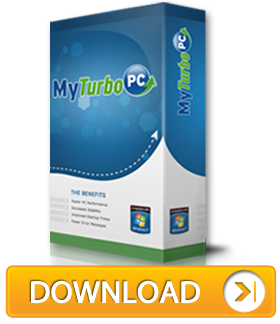MOD is short for “module” and is usually used by various and different programs or applications for various purposes. For instance, MOD is the file extension for standard music module files that are used by most audio tracking applications. In this instance, MOD files are usually created by programs like Fast Tracker, Star Trekker, Noise Tracker and other MOD creation applications.
For this type of MOD file, the file usually contains note patters (like a MIDI file) and samples of sounds for varying instruments. MOD files in this format can be opened by programs like CocoModX. Cog, PlayerPro, XimpleMOD, VideoLAN VLC Media Player, Nullsoft Winamp Media Player, MODPlug Player, XMPLay and many more.
Another type of MOD files is used by devices like JVC EVERIO digital camcorder, EVERIO GZ-MC100, MG130, MG7230, and MG630, or Canon FS and Panasonic D-Snap SD-card camcorders. MOD files in this instance are video files captured by the abovementioned devices. These MOD files can be opened and exported to various video file formats using the software that comes with the used capturing device.
MOD files can also be a compiled program file developed in the FORTRAN programming language. There is a corresponding MOD file for each module declared within the FORTRAN source code. A module here refers to a group of related procedure and data compiled in a single file which can then be referenced by other programs or modules. This type of MOD files can be referenced by several FORTRAN compilers like G95, Absoft Pro Fortran, Silverfrost FTN95 and Lahey/Fujitsu Fortran for Windows.

